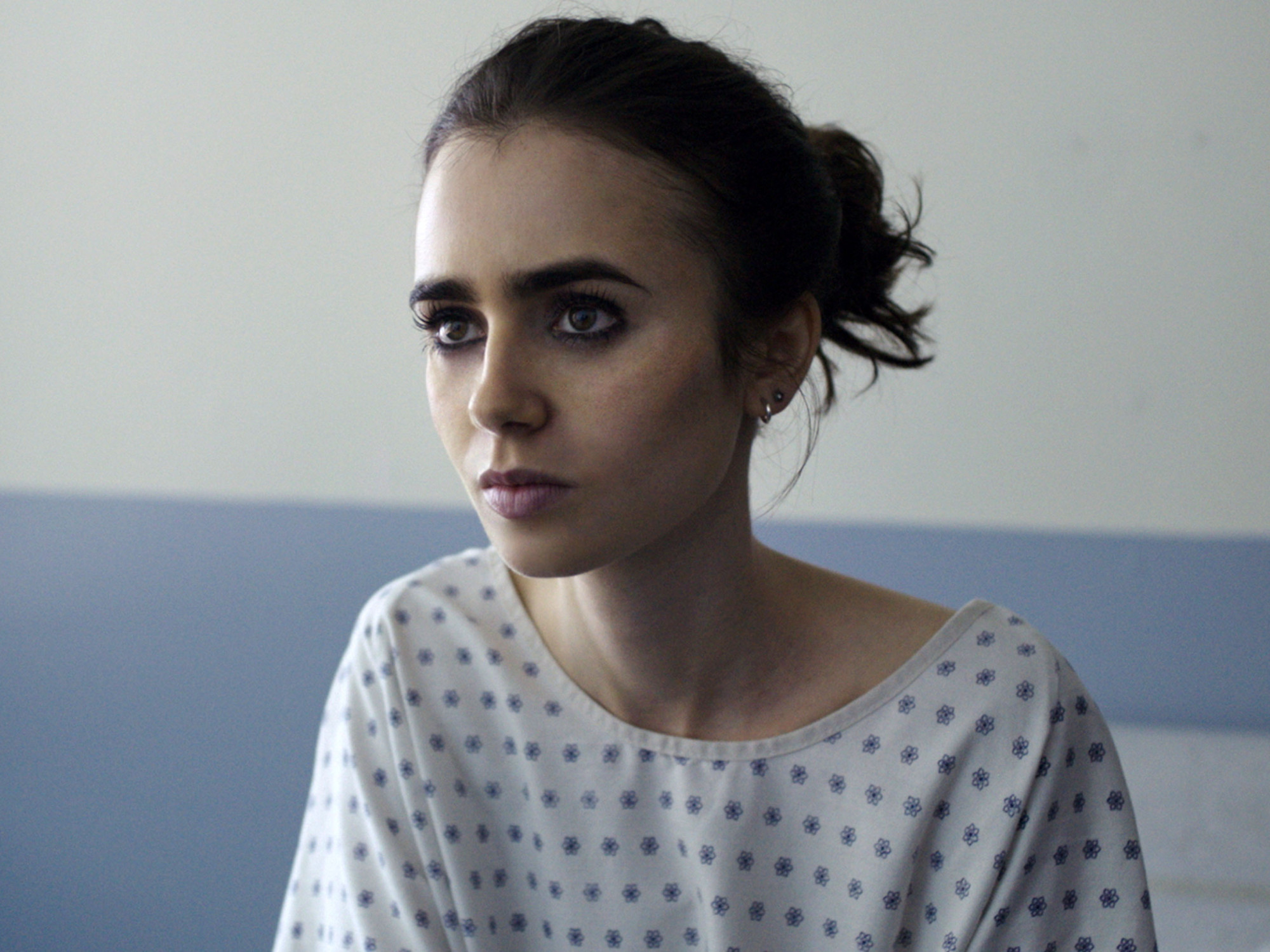- Truth #1: Many people with eating disorders look healthy, yet may be extremely ill.
- Truth #2: Families are not to blame, and can be the patients’ and providers’ best allies in treatment.
- Truth #3: An eating disorder diagnosis is a health crisis that disrupts personal and family functioning.
- Truth #4: Eating disorders are not choices, but serious biologically influenced illnesses.
- Truth #5: Eating disorders affect people of all genders, ages, races, ethnicities, body shapes and weights, sexual orientations, and socioeconomic statuses.
- Truth #6: Eating disorders carry an increased risk for both suicide and medical complications.
- Truth #7: Genes and environment play important roles in the development of eating disorders.
- Truth #8: Genes alone do not predict who will develop eating disorders.
- Truth #9: Full recovery from an eating disorder is possible. Early detection and intervention are important.
Eating disorders
Eating disorders
Today we are going to study eating disorders.
Eating disorders are serious conditions related to persistent eating behaviors that negatively impact your health, your emotions and your ability to function in important areas of life. The most common eating disorders are anorexia nervosa, bulimia nervosa and binge-eating disorder. Eating disorders often develop in the teen and young adult years, although they can develop at other ages.
In 2016, the Academy for Eating Disorders and a number of prominent eating disorder organizations published the 9 Truths About Eating Disorders:
So now, you have enough information about the topic and you may start watching film!
To the bone (2017, 1h 47 min.)
Ellen, a 20-year-old with anorexia nervosa, goes on a harrowing, sometimes funny journey of self-discovery at a group home run by an unusual doctor.
CAUTION: THE TREATMENT PORTRAYED IN THIS FILM IS HIGHLY UNPROFESSIONAL AND NOT RECOMMEDED - PLEASE SEE THE ARTICAL BELOW FOR MORE DETAILS :)
This film may have the potential to negatively affect those who are struggling with eating disorders. We recommend carefully evaluating where you are in recovery before deciding to view this film.
So, before we start any discussion about the credibility of the treatment, please check this link (as a therapist I wholeheartedly agree with opinions described there):
Which symptoms of anorexia are present in Ellen?
Who really made her decide to go into treatment with the doctor?
Does this film promote the misconception that eating disorders only affect thin, white girls?
Does the movie highlight the potential dangers of social media influence?
Does the movie make an effort to portray the impact of eating disorder illnesses and treatment on the whole family?
Was there anything surprising for you in the film?
Was there anything particularly triggers in the film that has stuck with you?
What do you wish the director would have done differently?
Other useful study materials:
If you want to learn more about bulimia and binge eating we would recommend to read this book (it has also been translated to czech as: Bulimie a záchvatovité přejídání) :
Thin (reccomended)
Thin is a movie based on a book by the same name, which follows real patients at Renfrew as they work to overcome their eating disorders.



